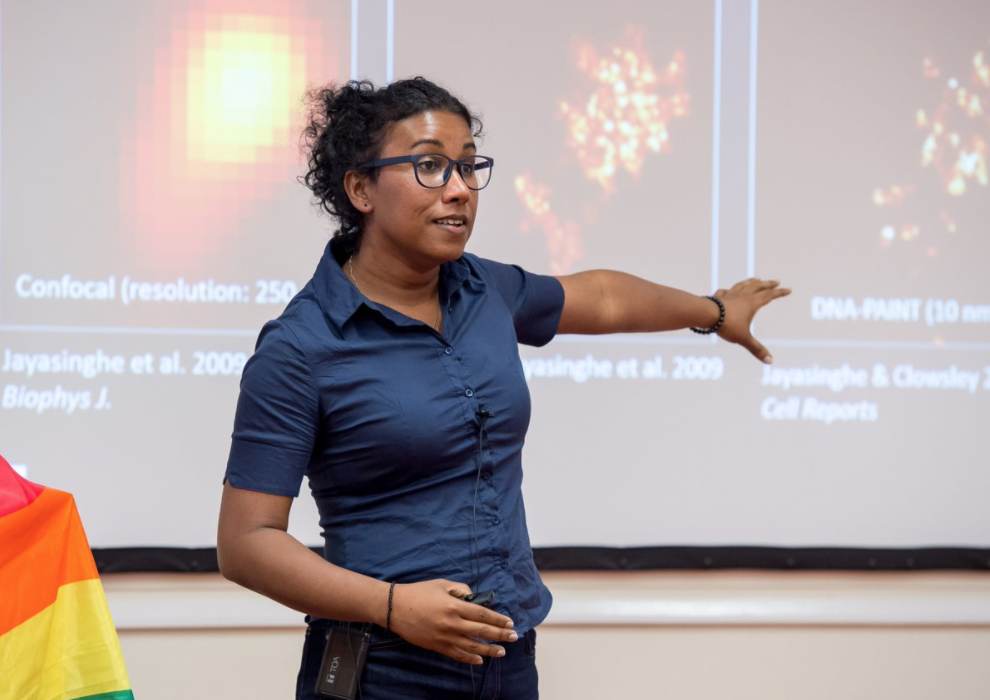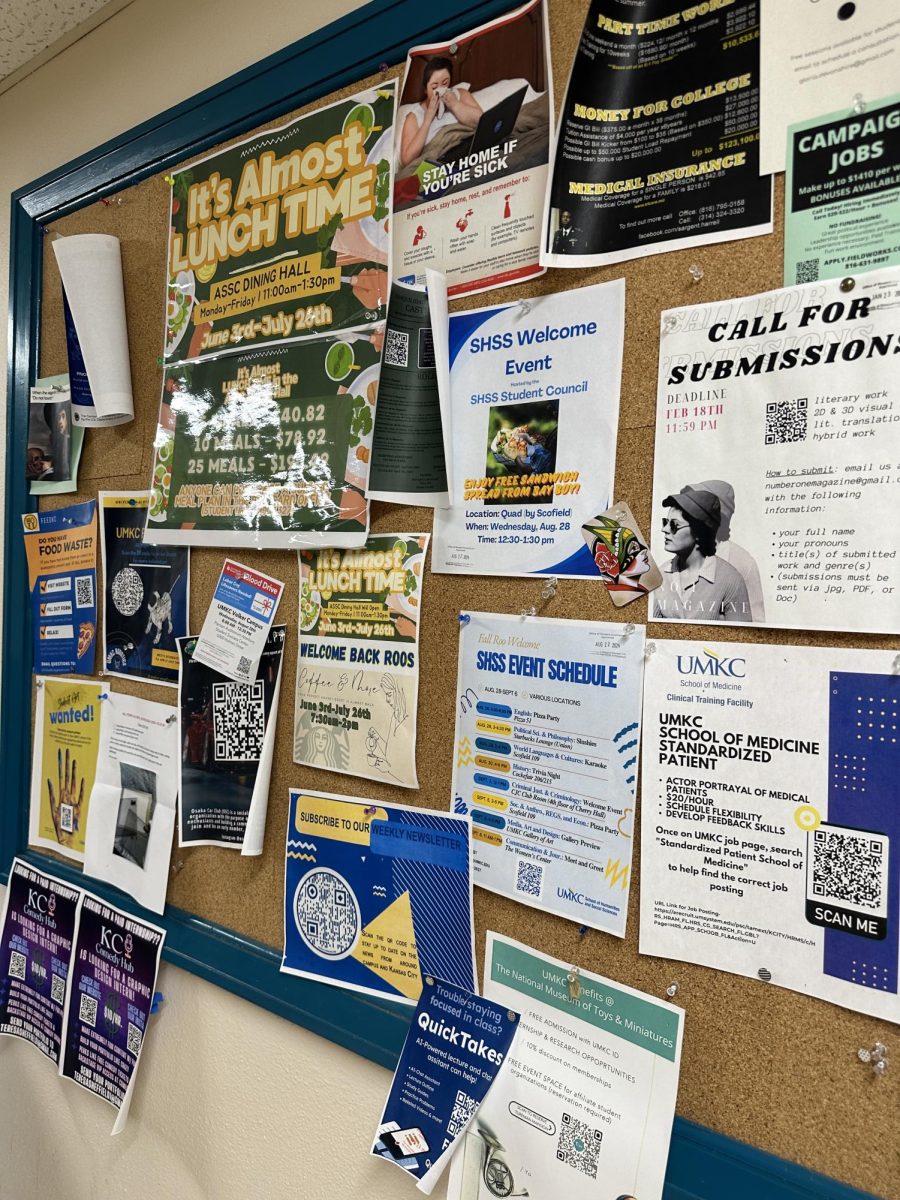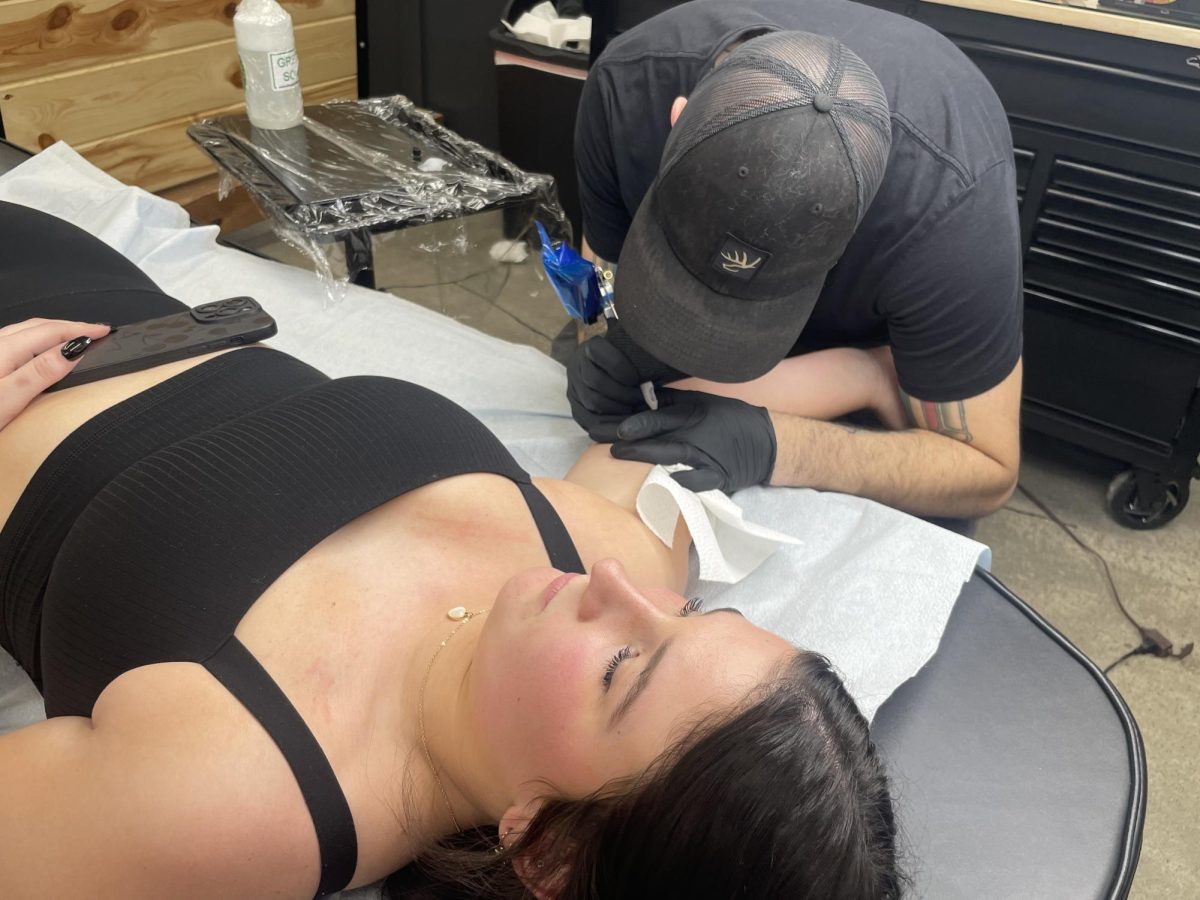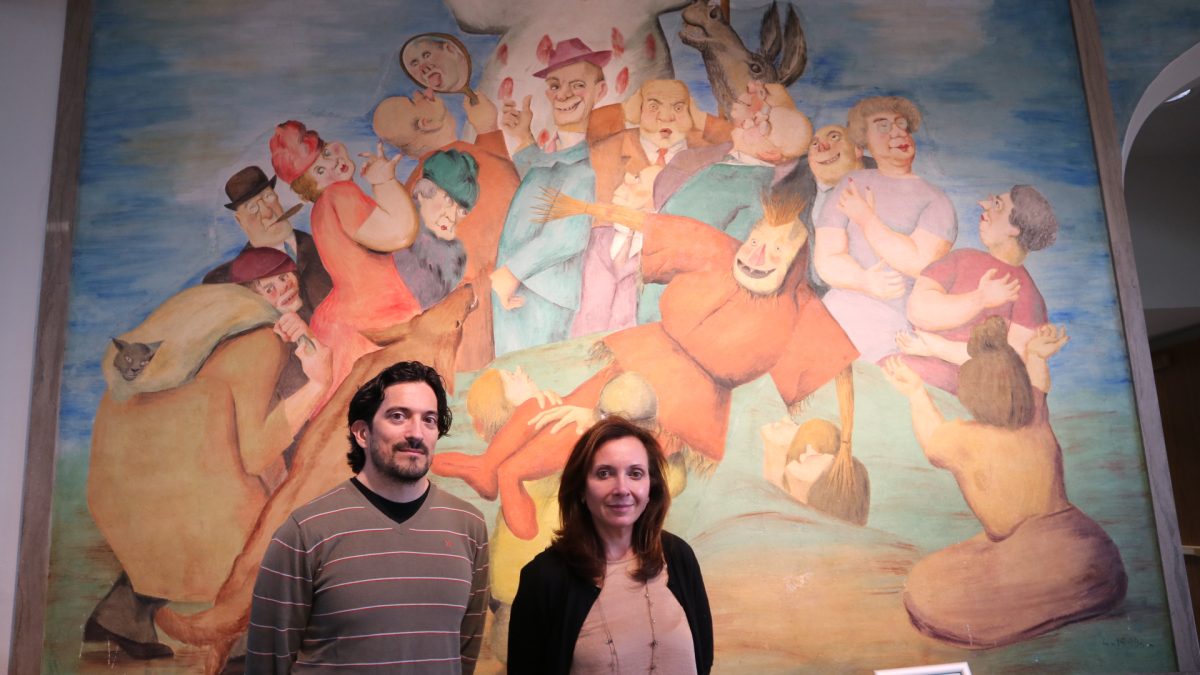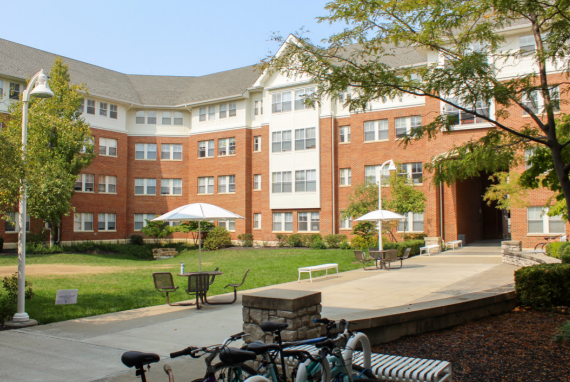The heart is a necessary and interesting requirement for human life. The size of an adult fist and weighing around one pound, the heart pumps close to 2,000 gallons of blood through your body each day. The cardiovascular system as a whole contains over 60,000 miles of blood vessels. This incredible system requires incredible care. One woman in STEM tackling the challenge of imaging the cardiovascular system is Dr. Izzy Jayasinghe.
Jayasinghe completed her undergraduate education, with first class honors, in cardiovascular biology in 2006 at the University of Auckland in New Zealand. She remained in Auckland for her Ph.D. in physiology, which she finished in 2011. Her thesis on optical microscopy methodologies applied to the cardiovascular system won the Vice Chancellor’s “Best Doctoral Thesis” award.
After graduation, Jayasinghe accepted a postdoctoral position at the University of Queensland in Brisbane, Australia. She developed new ways to image fine membrane structures in skeletal muscles, including 3D imaging and direct stochastic optical reconstruction microscopy (dSTORM). In 2013, she moved to the United Kingdom to accept a research fellowship at the University of Exeter. She continued to work on super-resolution imaging for cellular organelles and biomolecules.
In 2015, Dr. Jayasinghe became a faculty member in Cardiovascular Sciences in the School of Biomedical Sciences at the University of Leeds. She led the Nanoscale Microscope Group in developing new methods for mapping proteins with a resolution of near 10 nanometers (for reference, a human hair is about 60,000 nanometers wide). In May 2020, Jayasinghe will be joining the Department of Molecular Biology and Biotechnology at the University of Sheffield. She’s bringing with her a curriculum vitae that includes over 20 publications, multiple book chapters and a couple dozen invited seminars and talks. She’s also a committee member on the Life Sciences Committee of the Royal Microscopical Society.
Jayasinghe has won multiple awards and grants throughout her career. In 2007, she won a three-year scholarship from the Auckland Medical Research Foundation, worth NZ$97k (almost $80k USD). In 2010, she won the Hubbard Memorial Prize from the Physiological Society of New Zealand. In 2018, she was nominated for the Medal in Life Sciences by the Royal Microscopical Society. This year, she was awarded the UK Research and Innovation Future Leader Fellowship, a six-year grant worth £1.13 million (over $1.4 million USD).
In addition to her decorated career in microscopy, Jayasinghe is also passionate about diversity and education. Her own experiences with homophobia and transphobia kept her in the closet for much of her career. In 2018, she became a fellow of the Higher Education Academy, U.K. In 2019, she joined TIGERinSTEMM, a group developed to further discussion about equality, diversity and accessibility in the U.K. science, technology engineering, mathematics and medicine (STEMM) education system.
Are you interested in empowering women in the STEM fields? The Women in Science (Wi-Sci) group wants you! Email President Emily Larner (emily.larner@mail.umkc.edu) for more information.
mew9bc@mail.umkc.edu


